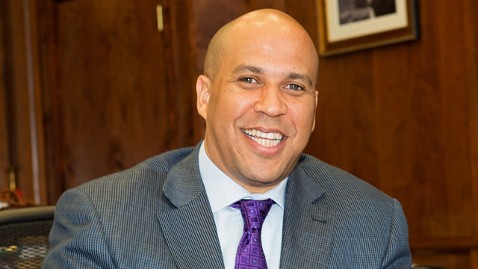
“It was serious—but I knew leukemia is very treatable. I didn’t understand what was happening or why she wasn’t receiving treatment”- Sue Ellen Allen (left) on her friend Gina’s (right) lack of medical care.
In a previous post, attorney Joel Thompson was on HuffPost Live to discuss the inadequate healthcare and medical treatment inmates receive when they become a prisoner of the state. One woman, Sue Ellen Allen, has experienced both sides of medical treatment. Six months before she was to enter prison, Sue Ellen Allen was diagnosed with stage 3B breast cancer. Cancer, in itself, is scary. Cancer, while a prisoner, is unimaginably terrifying.
Before she entered prison, Sue Ellen Allen was given competent doctors and availably ready medical treatment to manage the pains of cancer and chemotherapy. Then, she entered prison, and her life and illness were suddenly ignored and worthless. Her chemotherapy treatments were delayed, she was not given any medicine to reduce the nausea, and when she got a mastectomy, she was handcuffed and shackled throughout the entire procedure. Despite all this pain and misery, Sue Ellen Allen found light in her friend, Gina. Gina was another cancer patient in prison who was also a victim of delayed chemotherapy treatments. Together, they cared for each other through their pain and formed a bond Sue Ellen Allen would never forget. Sadly, Gina succumbed to her leukemia very quickly, and passed away on June 19, 2002.
Click here to read the full article.
Click here to learn about Gina’s Team, a non-profit organization dedicated to the education of incarcerated citizens.








